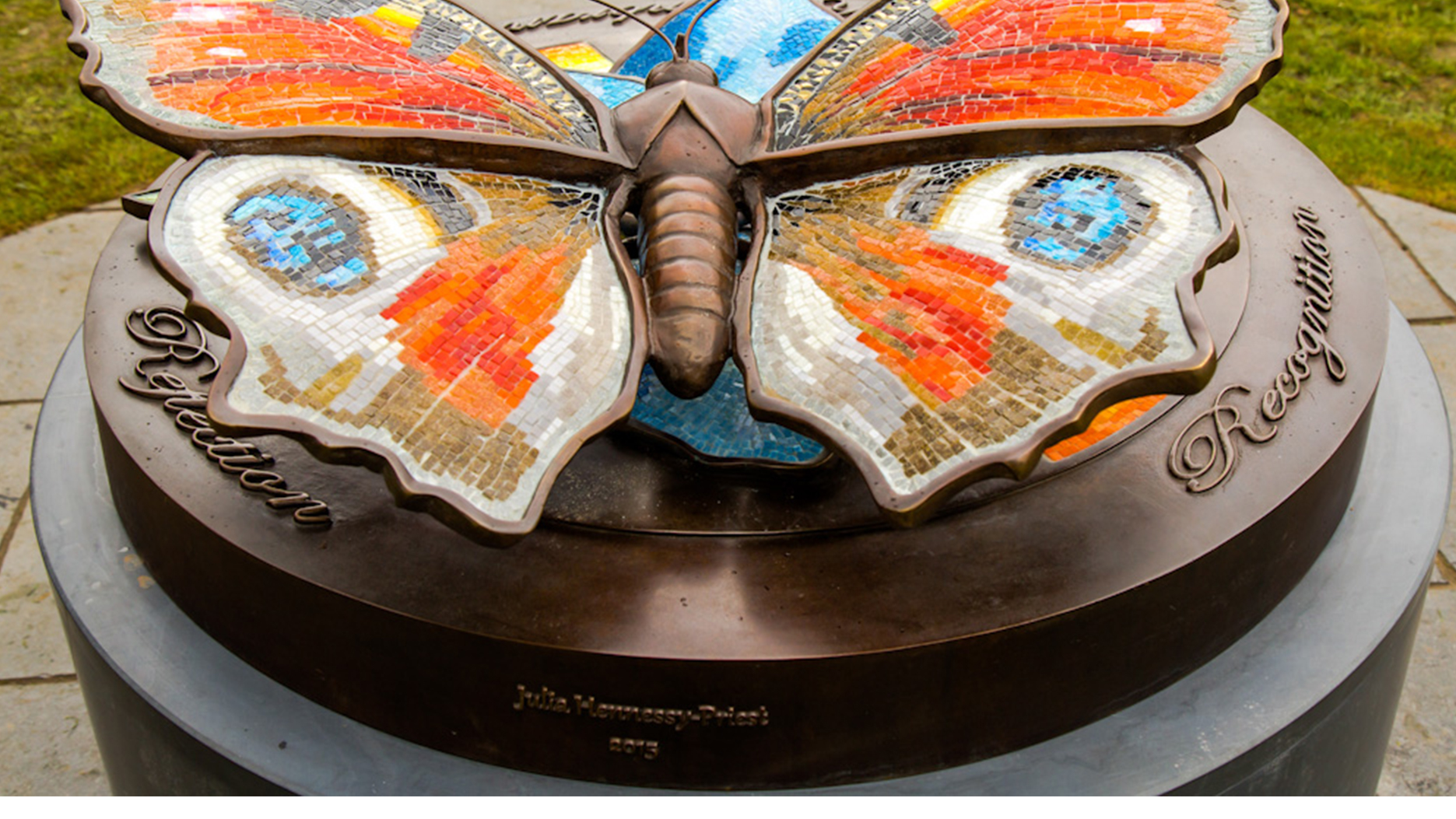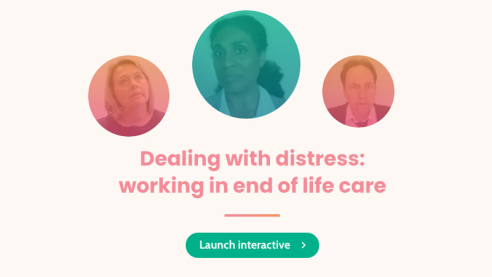This content is associated with The Open University's Health and Social Care courses.
There are currently around 7,000 people on the UK transplant waiting lists and over 420 people died waiting for a transplant last year (2021).
The Organ donation law in parts of the UK has recently changed to an ‘opt out’ system. This should increase the numbers of potential organs available for transplant and help save the lives of people urgently waiting for transplants. It’s still important to confirm that family members, next of kin and/or appointed trusted individuals will continue to be consulted and asked to confirm last known wishes. Those people closest to the individual (such as family) will be approached by specially trained medical staff, if a person has died in circumstances where they could become an organ donor and haven’t recorded an opt out decision. They remain at the centre of the decision-making process about organ donation and are asked to confirm consent for each specific organ and tissue donation.
The sharing of donor families’ lived experience
To share what it is like to go through this process, we made a film about organ donation with two families who agreed to organ donation following their child’s death. They share their lived experience of organ donation, grief and the life adjustments that have taken place since.
The film covers themes of:
- family relationships and personalities
- unexpected, sudden loss and death
- hospital care and being approached about organ donation
- experience of grief and learning to live with loss
- building a new way of living
- looking forward with hope.
As you watch the film reflect on some of the themes above and the important messages shared by the families and the professionals involved in organ donation.
Please be aware, the film contains emotionally challenging content.
As a society we find it uncomfortable to hear the voices of bereaved parents, particularly when traumatic accidents and unexpected illnesses have resulted in sudden deaths. If you have been distressed by watching the film, please seek support from one of the bereavement support services listed in the resources below.
For health care professionals who have been motivated to join a profession focused on making people better, having conversations about organ donation can be challenging. It requires compassion, communication skills, and a family-centred approach to providing support. The Clare Fuller ‘Conversations about advance care planning’ podcast (episode 20) explores in more detail the impact of high-quality professional care as experienced in end of life care and when being approached about organ donation: 20 Organ Donation: hope and transition after an unexpected death with Vicki Caldwell, mother of organ donor Fi.
The research literature surrounding families’ experience of organ donation has identified some common experiences that can be helpful for professionals to revisit with families as part of follow-up and aftercare support. For example, Dicks et al.’s (2017) ‘Narrative/meaning making model’ has shown how the themes covered in the film, if guided by the family, can become a helpful framework for sharing their lived experience of organ donation and the bereavement journey. Developing a shared narrative surrounding this experience can bring understanding to what individuals went through and to make sense of the strong emotions attached to the experiences. This can become healing for individual family members.
Leaving them certain public awareness campaign
Making advanced care plans in relation to organ donation that can be shared with your family and trusted representatives is the best way to ensure that your organ donation decisions are followed. There is more information on the NHS organ donation website to help you with making an organ donation decision. There is also advice on how to register this decision and how to have conversations with your family and/or trusted individual about your organ donation wishes.







Rate and Review
Rate this video
Review this video
Log into OpenLearn to leave reviews and join in the conversation.
Video reviews